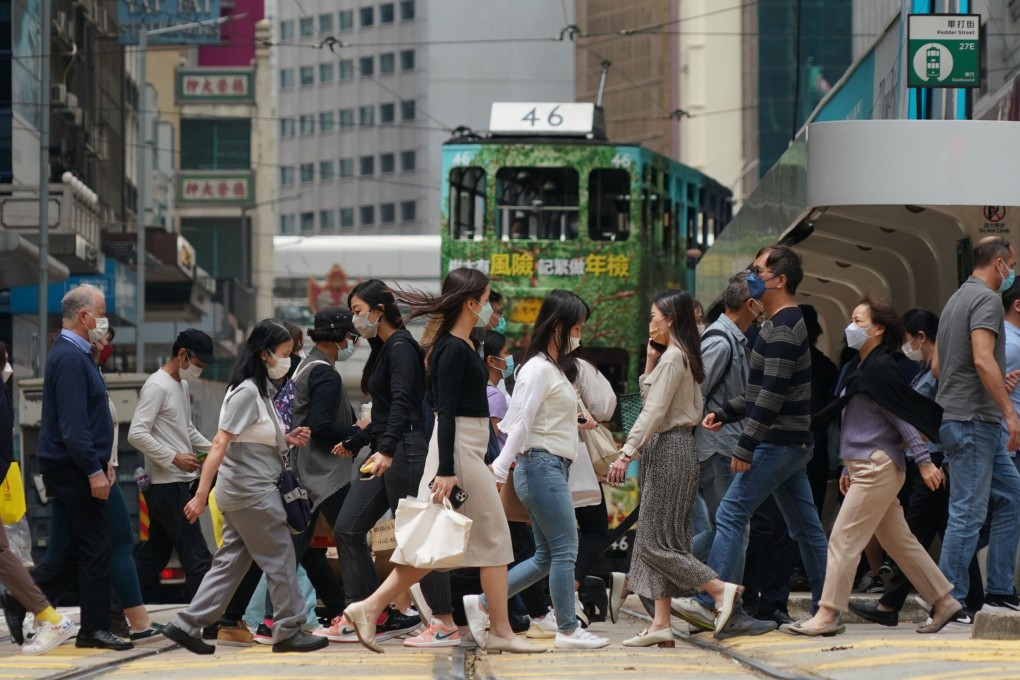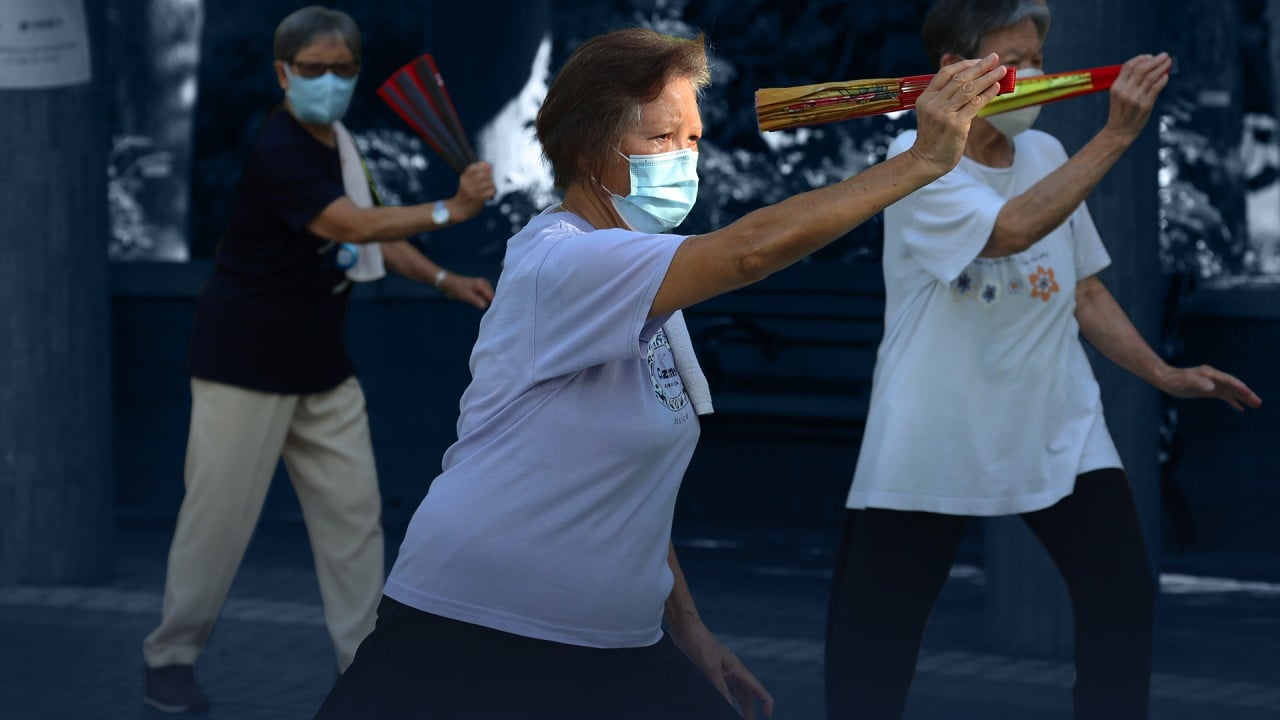Opinion | Hong Kong needs its own version of Japan’s ‘womenomics’
- The city can learn from Shinzo Abe’s initiative to boost the number of working women in Japan, given its ageing population
- Improving child care support and challenging traditional gender norms would encourage more women to bring their skills to the workforce

During his tenure as prime minister of Japan, the late Shinzo Abe’s government implemented a set of gender-friendly policies, dubbed “womenomics”, to encourage women to work. To be sure, not every proposal was met with approval. For example, a scheme to give 300,000 yen (US$2,500), to small companies that promoted women to management positions was shot down.
Moreover, although Hong Kong is very open to importing labour, it is time to tap into an enormous, underutilised pool. The city achieved gender equality in postsecondary education a long time ago, exemplified by the number of female students enrolling in University Grants Committee programmes at various degree levels, which exceeds the number of male students enrolling.
But after gaining a degree, many women choose not to work, for a number of reasons. The current labour participation rate for women is around 54.2 per cent, compared to 73 per cent in Japan. That figure remains little changed from three decades ago, when 47.9 per cent of women worked.


